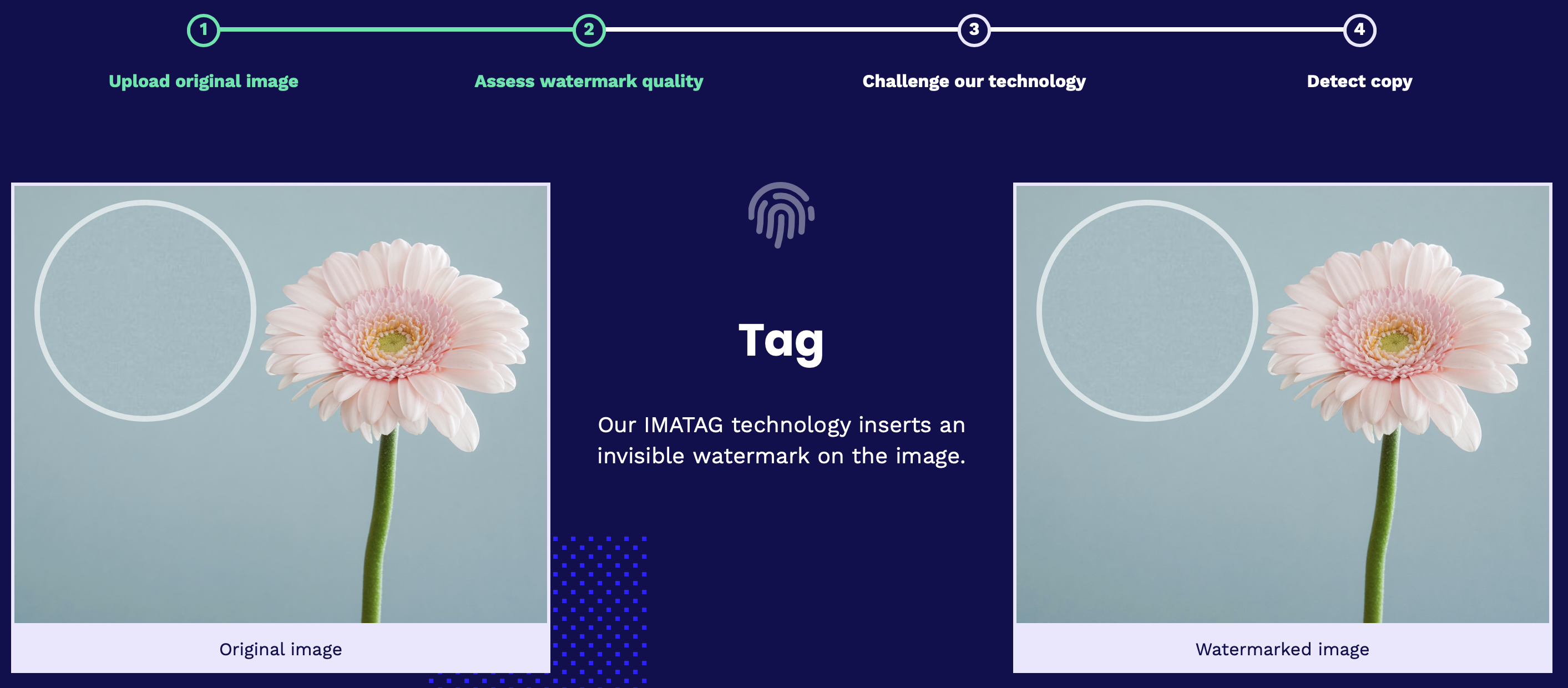A startup behind one of the world’s most successful tech platforms for doctors has launched a new initiative to try and track the spread of the Coronavirus, initially in the UK but soon in the US.
Developed by MedShr – the app used by a million doctors to aid them in the diagnostic process – LetsBeatCOVID.net is designed to allow members of the public to complete a short survey about their health and exposure to COVID-19 in order that health services can save more lives.
Members of the public are asked to complete a short anonymous survey about themselves and are able to add information for others in their household or family. They can then update their responses if their situation changes using a randomly generated code to log back in. MedShr says users will, therefore, be able to hide their identity if they are concerned about their privacy. They will, however, be asked to verify their location via the phone’s browser in order to generate more accurate data about the spread of symptoms.
Anyone who completes the survey and chooses to enter their email will also get personalized guidance to help them understand their personal situation.
The not-for-profit initiative is led by Dr Asif Qasim, a Consultant Cardiologist based in London, England. Dr Qasim founded MedShr, an online network that enables doctors to connect and share data and knowledge with each other, in 2013.
Dr. Qasim said: “A million doctors around the world are working very hard to protect patients with COVID-19 in difficult and unprecedented circumstances. We are hearing from them that they don’t have the information they need to plan services and avert a crisis such as the one Italy is now facing. We believe this app could help.” Dr. Qasim says the data will be shared with health authorities fighting the pandemic.
LetsBeatCOVID.net could make it easier for members of the public to provide the information urgently needed by hospitals and governments by allowing hospitals to understand how many people are: more likely to require medical help or hospitalization; have been in contact with someone with COVID-19 but do not have any symptoms; have mild symptoms of COVID-19; or believe or know they have already had COVID-19 and recovered.
The spread and devastating impact of Coronavirus (COVID-19) is unprecedented. Hospitals in China and Italy have struggled to care for the large numbers of people who become infected with the virus, especially those who needed Intensive Care and breathing support with a ventilator. Doctors and scientists believe that the UK, US and many other countries could be just a few weeks away from the devastating death toll that Italy is now experiencing.
MedShr is a HIPAA and GDPR compliant professional network for doctors, nurses and other healthcare professionals currently used by over one million members in 190 countries.


